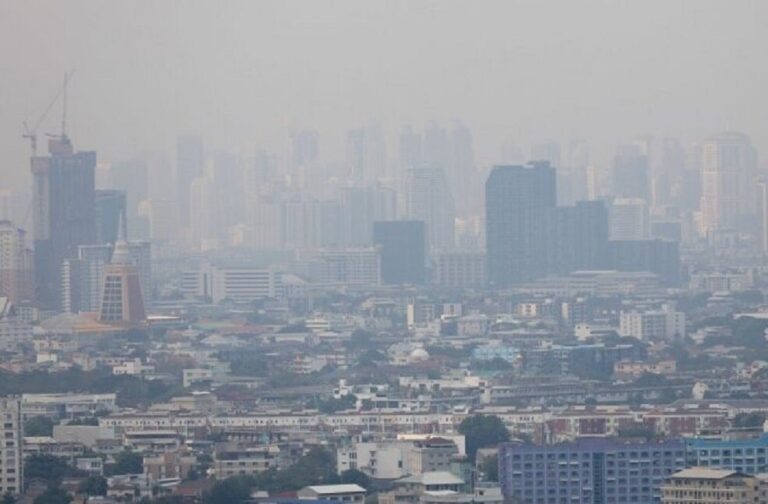London, UK: The United Nations is set to release a capstone report, a distillation of nearly a decade of published science on the impacts and trajectory of global warming and tools to prevent climate catastrophe.
The approximately 30-page “summary for policymakers” from the Intergovernmental Panel on Climate Change, which condenses 10,500 pages written by more than 1,000 scientists, will issue a grave warning. While diplomats from 195 countries met in Interlaken, Switzerland, to work out the final language, finalised by fatigued and sleep-deprived delegates two days behind schedule, UN chief Mr. Antonio Guterres warned that “we are nearing a point of no return” last week.

Science has discovered that disastrous effects are occurring faster and at lower levels of warming than previously thought after the publication of the last IPCC synthesis report in 2014. The planet has experienced a steady crescendo of extreme weather, including tropical storms rendered worse by rising seas, with the average surface temperature of Earth currently 1.2 degrees Celsius over pre-industrial levels.
As per the current trends, the planet will continue to warm by 1.6 degrees. In accordance with the World Weather Attribution consortium, which is made up of many IPCC authors, in 2022, climate change increased lethal heatwaves in South America and South Asia, huge flooding in Nigeria and Pakistan, and record-breaking drought in Western Europe and the United States.

The threat posed by so-called tipping points in the Earth’s climate system, which may cause the Amazon rainforest to change into a savannah and the West Antarctica and Greenland ice sheets to release enough water to raise oceans by metres, has also been raised by science in the past ten years.
The IPCC synthesis report will also be used to inform the upcoming high-level UN climate talks in Dubai, which will feature the first “global stocktake” of progress made towards realising the objectives of the Paris Treaty. The stocktake, which will be made public ahead of COP28 in Dubai, will force nations to acknowledge how woefully inadequate their Paris pledges to reduce emissions were.



